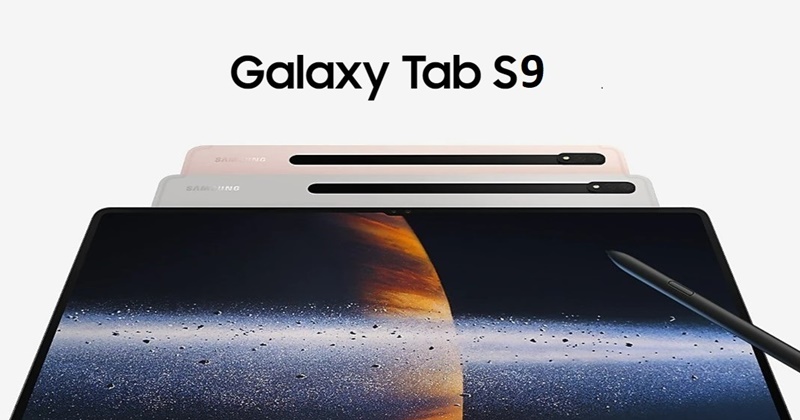Samsung prepares for the launch of its next-generation high-end tablet at the end of this year. The Galaxy Tab S9 series is expected to debut alongside the Galaxy Z Fold 5, Galaxy Z Flip 5, and Galaxy Watch 6. Following the high-quality render images of the Galaxy Tab S9+ released yesterday, the key specifications of the Galaxy Tab S9 Ultra have now been leaked.

Renowned leaker Ice Universe tweeted out some important technical details of the upcoming top-of-the-line tablet. According to the leak, the Galaxy Tab S9 Ultra will have similar dimensions to its predecessor, specifically 326.4 x 208.6 x 5.5mm. The device’s display will also retain its size of 14.6 inches and resolution of 2960 x 1848 pixels, just like the Tab S8 Ultra.
Despite no changes in size and resolution, Samsung may upgrade the display technology to provide better display capabilities on the Galaxy Tab S9 Ultra. The company may also continue using panels from the previous generation to reduce costs on the new product line. Nonetheless, this is not a significant concern as the Galaxy Tab S8 Ultra's display is already excellent and large enough for user needs.
The Galaxy Tab S9 Ultra's battery will retain its 11,200mAh capacity, even though there were rumors that the device’s battery would be smaller than its predecessor. Samsung appears to have decided to use the Snapdragon 8 Gen 2 for Galaxy chipset across the entire Galaxy Tab S9 lineup. This is a highly successful processor that offers better performance and power efficiency and has been widely used in the Galaxy S23 series.
Finally, the next Ultra tablet will feature 16GB LPDDR5X RAM. The Galaxy Tab S8 Ultra also has 16GB RAM but is slower and consumes more energy due to using older technology. However, this highest memory variant may not be widely available at a higher price point.
If these leaked specifications are accurate, it is clear that Samsung has no intention of making many upgrades to the Galaxy Tab S9 Ultra. However, this is not a significant concern as the current Tab S8 Ultra is already a powerful device. Perhaps the South Korean company wants to focus on improving the user experience rather than technical specifications. This is a reasonable direction as the Galaxy S23 is already achieving great success with this strategy
 SamFw
SamFw

